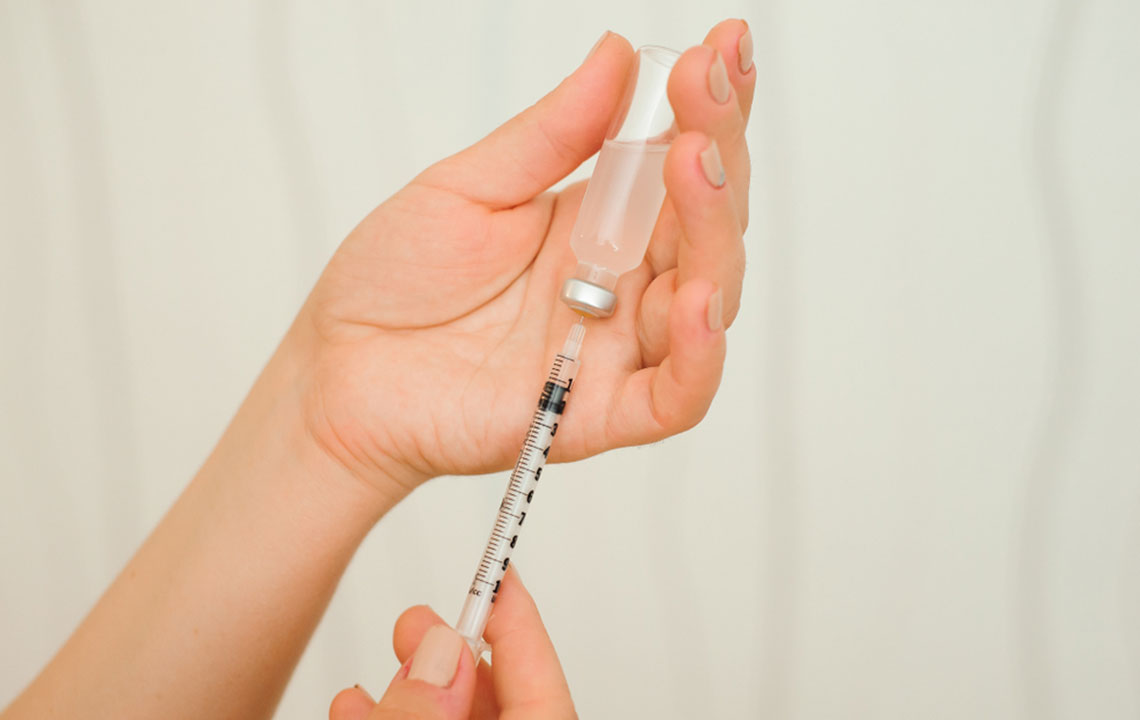Understanding Ozempic dosage
Ozempic® injections are recommended to type 2 diabetes patients as a last resort to bring their blood sugar level under control after all other medications have failed to show any positive result. For those who are not acquainted with Ozempic®, you must know that it is a non-insulin subcutaneous injection that acts as a natural hormone in our body and lowers glucagon secretion. It helps to improve glycemic control in adults who are suffering from diabetes mellitus.

Though using the Ozempic® injection pens is easy, there are some official instructions that you need to follow to ensure that you are taking the injection the right way. Here are a few things that you need to know about Ozempic® dosage:
Instructions to use Ozempic®
- Ozempic® does the work of a glucagon-like peptide (GLP)-1 receptor agonists and helps to manage the blood sugar levels of patients who are suffering from type 2 diabetes.
- At the start of the treatment, the doctor will recommend a dosage of 0.25 mg of the subcutaneous injection, once a week. The patient must continue this for four weeks. In the first four weeks, though the medicine will not bring down your blood sugar level dramatically, it will kickstart the treatment process. It lowers the blood glucose levels by stimulating insulin production and lowering the secretion of the peptide hormone, glucagon.
- After the first four weeks, the doctor might advise you to increase the dosage to 0.5 mg, once every week.
- If the doctor observes that your body does not show any significant signs of glycemic control even after taking a 0.5 mg dosage once in a week, then he or she might tell you to increase the dosage to 1 mg per week.
- Generally, doctors don’t recommend a higher dosage of Ozempic® than 1mg.
When should one take a dose of Ozempic®?
- Patients should decide upon a day in the week to take their Ozempic® dosage regularly. It does not matter what time they take this medicine and whether they take it before or after meals.
- People can change their day of dosage, provided that there is a gap of at least two days between two doses.
- If a patient forgets to take his or her dosage on the scheduled day, then they can still take the missed dosage within five days.
- Beyond five days, it is advisable to skip the missed dosage and directly take the next one on the scheduled day.
Administration instructions to follow for Ozempic®
- Firstly, one must never share the Ozempic® injection pen with other patients, and after every use, the needle should be disposed of responsibly. Note that even after changing the needle, one should not share their injection pen.
- When it comes to using the injection, one must first know that they can jab this subcutaneous injection into the upper arm region, abdomen, and the thigh area.
- If the patient has to inject this medication into the same part of the body every week, then it is best to choose a different injection site every time.
- Before using the Ozempic® injection pen, it is imperative that one checks the solution to ensure that it is colorless and clear. If one finds any coloration or particles in this solution, then they should not use it. They should get a new refill instead.
- If a patient wants to inject an insulin shot into the same body part where he or she injects Ozempic®, then it can be done as long as they use two separate needles and ensures that the products are not mixed.
- In such cases, make sure that you don’t inject both the needles close to each other and leave enough space between the two.
Vital things to discuss with your doctor before using Ozempic®
Here are some health concerns that an individual should discuss with their doctor before he or she starts using Ozempic®:
- A history of diabetic retinopathy
- Any health problems related to pancreas or kidneys
- In the case of pregnancy, breastfeeding mothers or women who are planning to get pregnant, it is best to discuss the possible complications with the doctor. (Though there is no study that proves that Ozempic® injection pens can harm an unborn baby, it is still wise to not take any risks. Women should try for a baby only after they have stopped using Ozempic® for at least two months.)
An important thing to know is a patient can only use Ozempic® if they have type 2 diabetes. It cannot be used as a substitute for insulin either. Typically, doctors try to bring a patient’s glucose level down with the help of Ozempic®, supported by a well-planned diet and regular exercise. It is strongly recommended that patients consult their doctor if they are confused about their Ozempic® dosage.

